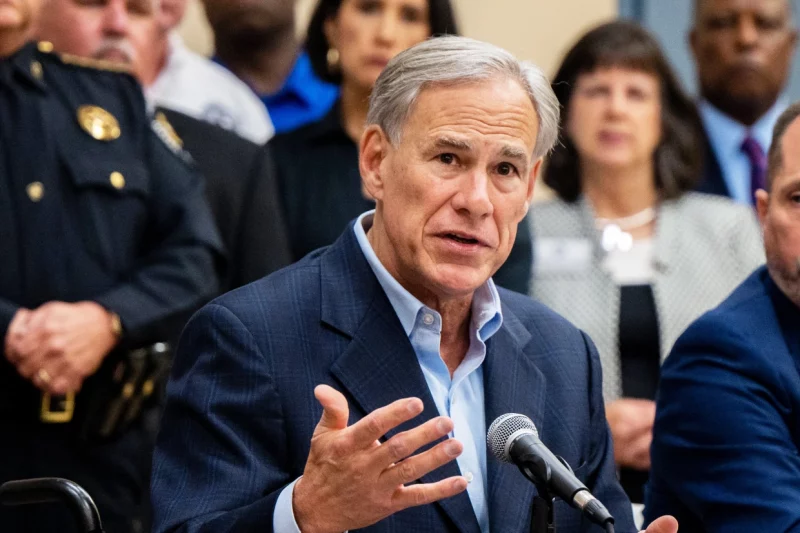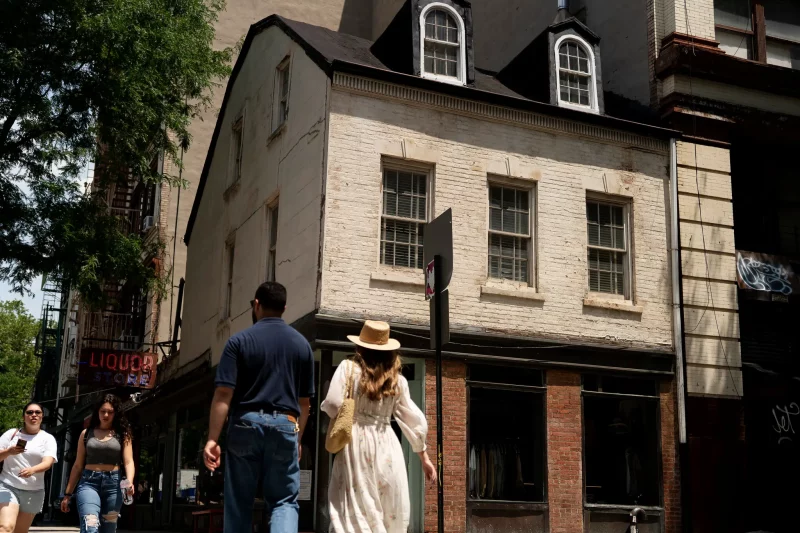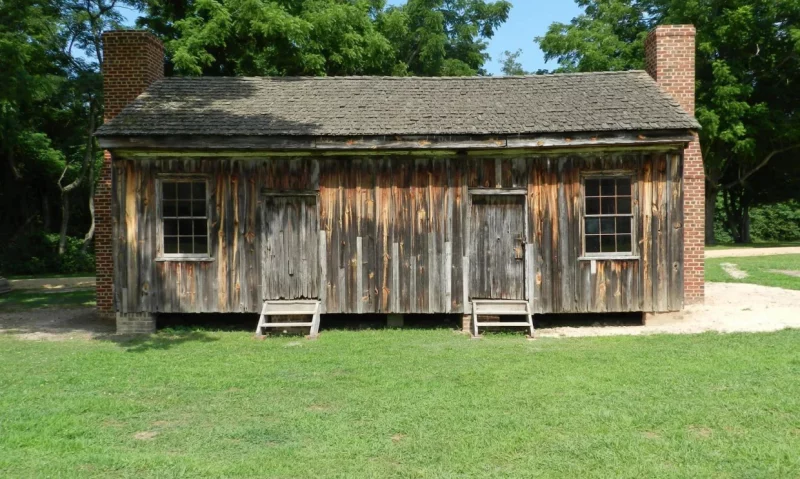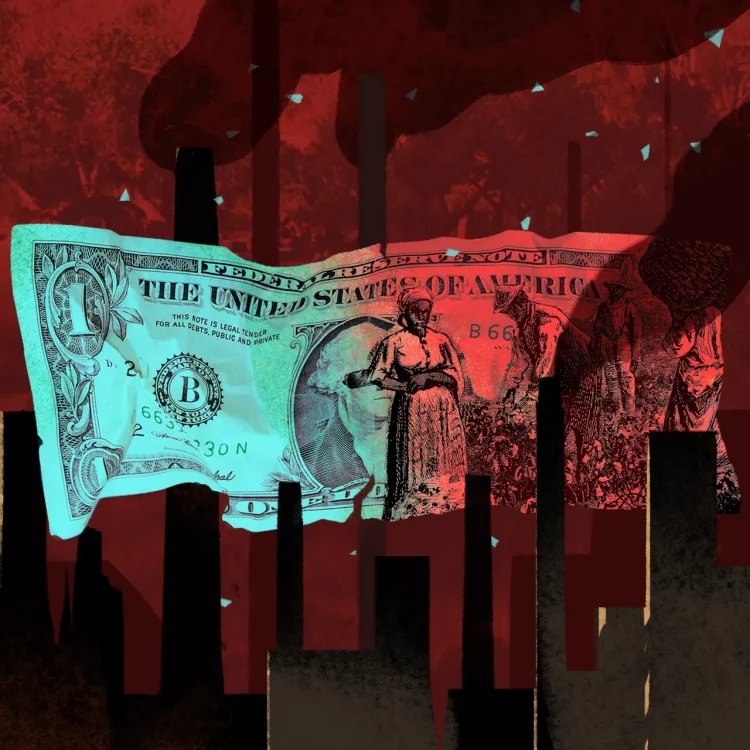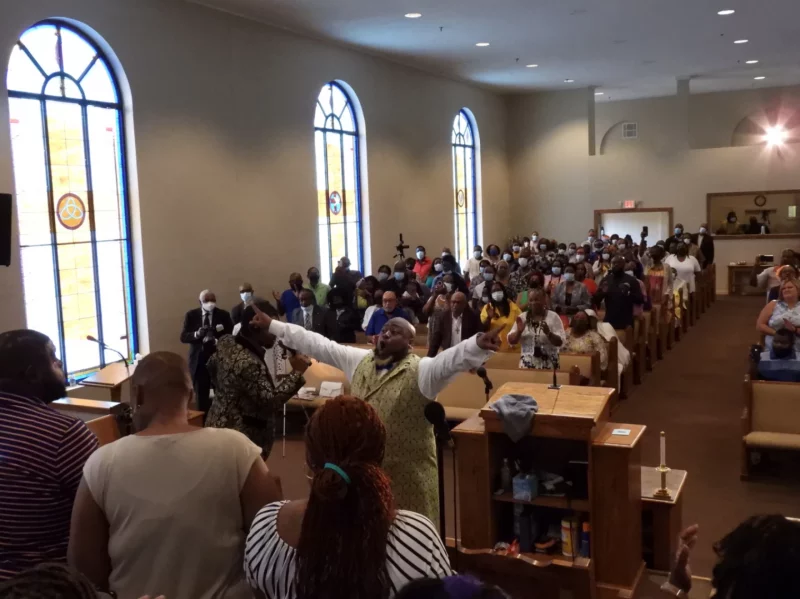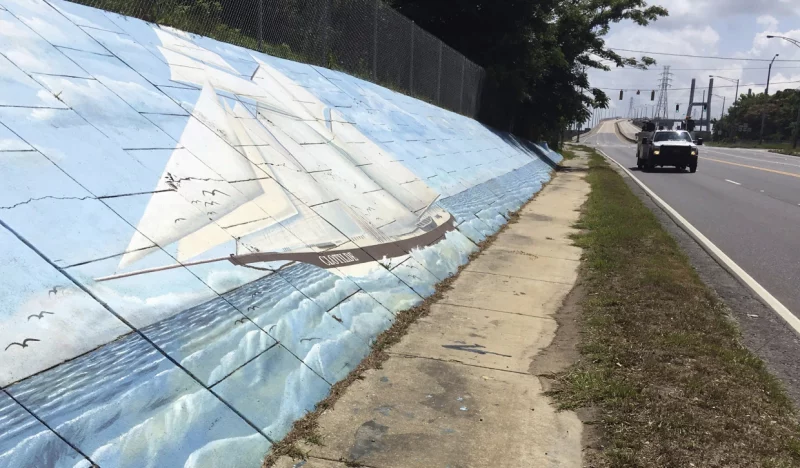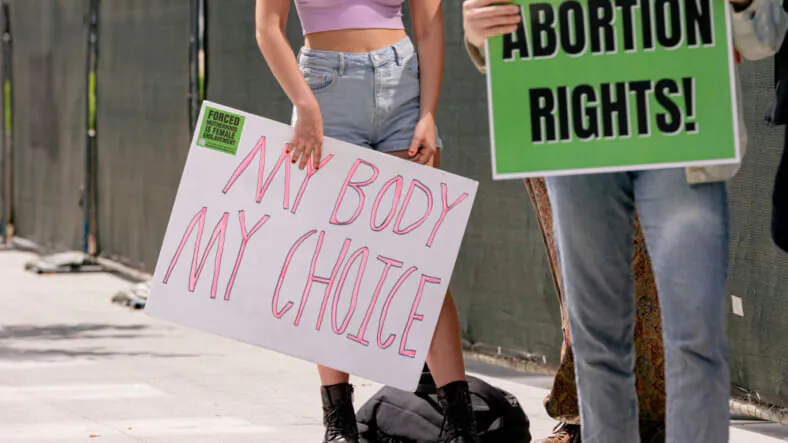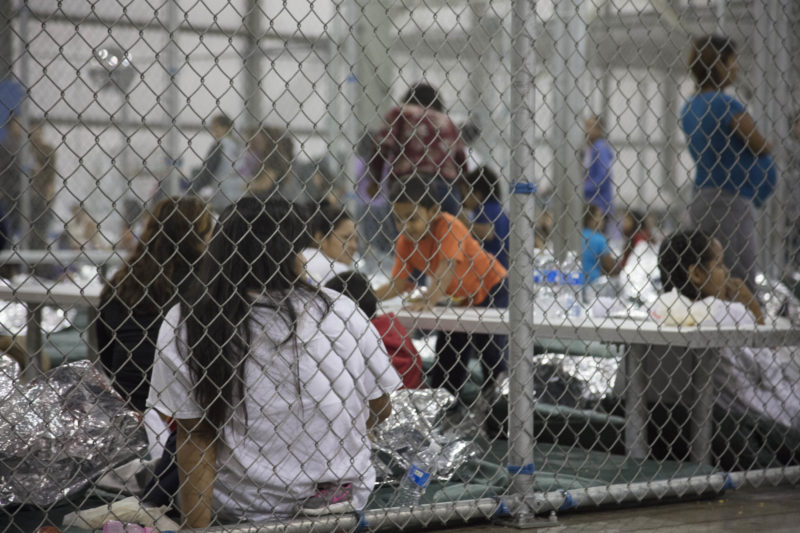Posts Tagged ‘Slavery’
Texas leaders outraged by New York Times project on slavery answered with ‘Texas 1836 project’
The Texas 1836 project frames the history of the state in patriotic terms, ultimately whitewashing history and glossing over oppression.
Read MoreQueen Elizabeth’s death revives criticism of Britain’s legacy of colonialism
While some mourn the death of Queen Elizabeth the II, the others recognize her connections to slavery and other human rights violations.
Read MoreA Tiny House in Manhattan Has a Link to the Underground Railroad
For decades, a Manhattan property has housed various businesses, but only recently has its impactful history been revealed.
Read MoreFrom rentals to bathrooms: Airbnb listings aren’t the first offensive effort to commercialize slave cabins
While the number of slave dwellings in America continues to decrease, some have been insensitively rented out to vacationers for a profit.
Read MoreSlavery Fueled Our Climate Crisis. Here’s How Reparations Can Slow It Down.
Sage Howard argues that reparations toward former slaves can contribute toward battling the current climate crisis.
Read MoreFor many Black Kentuckians and Tennesseans, August 8 is a day to mark freedom
Some Black Americans recognize and celebrate August 8th as the date when enslaved Americans were finally granted their freedom.
Read MoreConservatives Are Big Mad They Have To Learn About Slavery At Thomas Jefferson’s Monticello Mansion
Some people are up in arms that a tour of Thomas Jefferson’s home includes the property’s history of slavery, which mirrors American racism.
Read MoreClotilda descendants mark anniversary of last slave ship
162 years ago, the Clotilda was the last slave ship to land on American shores. Today, descendants of those slaves marked the anniversary.
Read MoreThe disturbing link between slavery and the overturning of Roe v. Wade
Stephanie Robinson argues that leaving freedoms in the hands of state governments harms the freedom upon which this country was built.
Read MoreColonizer Curriculum: Texas Educators Want To Characterize Slavery As ‘Involuntary Relocation’
Education officials in Texas who want to teach about slavery as “forced relocation” faced outcry after proposing the change in curriculum.
Read More